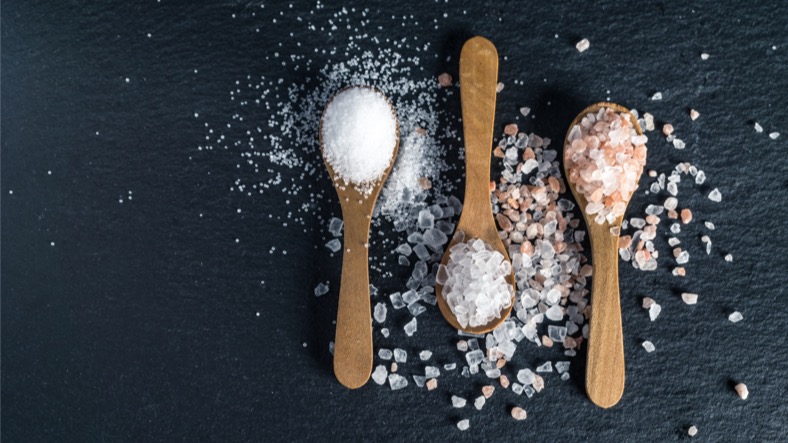High blood pressure, also known as hypertension, affects nearly half of US adults. While several factors may contribute to hypertension, alcohol and high blood pressure often go hand in hand. Excessive alcohol consumption can lead to serious health consequences, especially when it comes to high blood pressure. Therefore, it is vital to be careful about the amount of alcohol you consume.
The Kidney and Hypertension Center (KHC) believes making healthy lifestyle choices like reducing your alcohol intake is essential in controlling and preventing high blood pressure.
How Alcohol Affects Blood Pressure
Over 2 billion people consume alcohol worldwide. When you drink alcohol, it can cause blood pressure to rise in several ways. Firstly, drinking may cause the blood vessels to constrict, which in turn may lead to increased blood pressure. This is because the constriction of the blood vessels makes it harder for blood to flow through them.
Furthermore, excessive alcohol consumption may also damage your heart, impair your kidneys and liver, and increase the risk of stroke. These may lead to high blood pressure and increase your risk for complications. Lastly, alcohol has a significant amount of calories and may lead to weight gain. Being overweight or obese are risk factors for high blood pressure, so it is important to maintain a healthy weight.
Tips to Help Reduce Your Risk of Developing Hypertension
The following lifestyle changes may make a significant impact in lowering blood pressure. If alcohol and high blood pressure are a concern for you, we encourage you to consider making some of the following changes:
Limit Your Alcohol Consumption
If you drink alcohol and high blood pressure is a concern, try limiting your alcohol consumption. This doesn’t mean you need to cut alcohol out of your life completely, but it does mean that you should stick to the recommended guidelines. For men, this means drinking no more than two drinks per day. For women, it means drinking no more than one drink per day.
Maintain a Healthy Diet
As mentioned above, being overweight or obese increases the risk of high blood pressure. Therefore, it is imperative to maintain a healthy diet and ensure you are getting all the necessary nutrients your body needs. Eating a balanced diet that is low in sodium and processed foods can help reduce your risk for hypertension. Foods like fruits, fish, vegetables, and whole grains are especially beneficial for people trying to lower their risk of developing high blood pressure.
Exercise Regularly
Regular exercise is an essential part of a healthy lifestyle and can help reduce your risk of developing high blood pressure. Exercise helps strengthen your heart and blood vessels, making them more efficient at pumping blood throughout your body.
If you’re not currently exercising, it’s essential to start slowly and gradually increase your activity level over time. This can help you avoid injury and ensure you’re able to sustain your exercise routine over the long term. It’s also a good idea to find activities you enjoy, and that fit into your lifestyle. This can help you stay motivated and make exercise a regular routine.
Manage Stress
Stress is a common trigger for hypertension and can exacerbate the effects of alcohol and high blood pressure levels. Therefore, managing stress and anxiety is crucial to reducing your risk of hypertension. There are several strategies you can use to manage stress, including:
- Practicing relaxation techniques such as deep breathing, meditation, or yoga
- Engaging in regular physical activity, such as walking or swimming
- Getting enough sleep and maintaining a regular sleep schedule
- Spending time with friends and family or participating in activities you enjoy
- Seeking support from a mental health professional if needed
Quit Smoking
It’s common for people to smoke when drinking alcohol. Drinking can lower inhibitions and impair judgment, making you more likely to smoke or consume more tobacco products than you otherwise would. Quitting smoking can lower your blood pressure and reduce the risk of heart disease and other health issues.
There are many resources available to help you quit smoking, including nicotine replacement therapies, prescription medications, and support groups. Your healthcare provider can help you determine the best approach for you based on your individual needs. Quitting smoking is integral in reducing your risk of hypertension and other health problems associated with alcohol consumption.
Monitor Your Blood Pressure Regularly
Regularly monitoring your blood pressure is necessary to ensure it stays within a healthy range. This is especially crucial if you’re at risk for hypertension due to alcohol consumption or other factors. You can monitor your blood pressure at home using a blood pressure monitor, or you can have it checked by a healthcare provider. If you notice an increase in your blood pressure, it’s important to talk to your healthcare provider. They can help you determine the cause and provide recommendations for lowering your risk of hypertension.
Reduce Your Risk With The Kidney and Hypertension Center
If you drink alcohol and high blood pressure is a concern, The Kidney and Hypertension Center can help you reduce your risk. Our experienced team of healthcare professionals provides comprehensive care for those with hypertension, kidney disease, and other chronic conditions. We offer personalized treatment plans tailored to each patient’s needs. Book an appointment with The Kidney and Hypertension Center today and take the first step toward improving your health.




